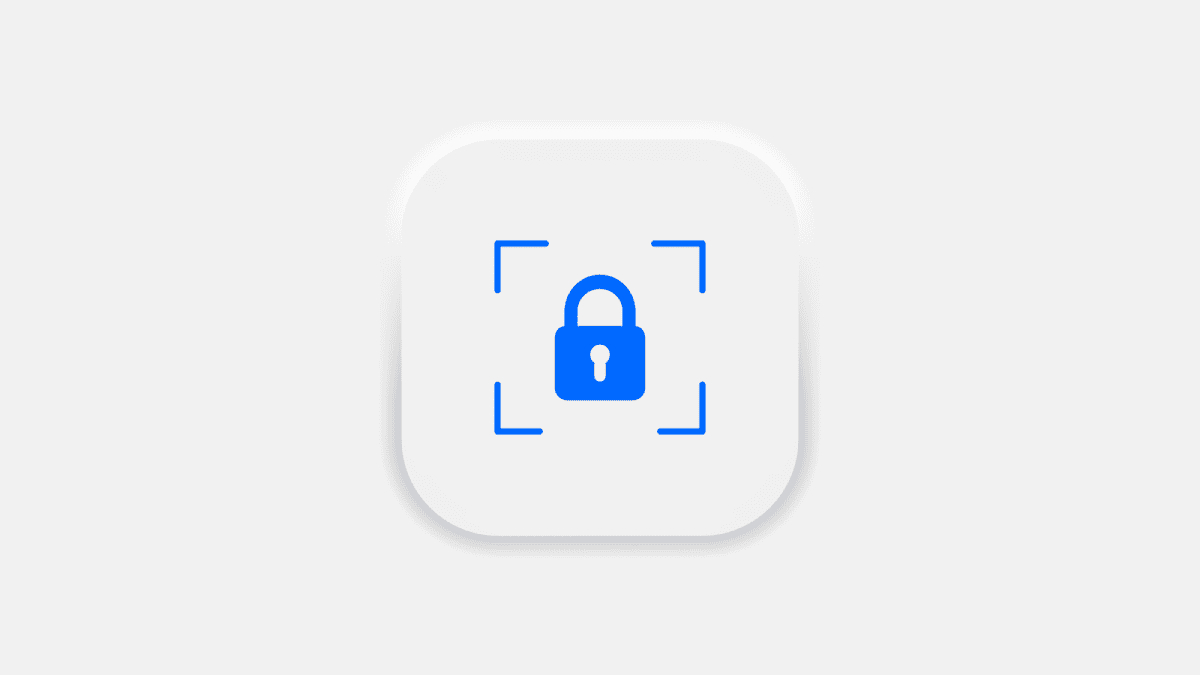
Biometrics: How Does It Preserve Your Privacy?
Key takeaways
Biometrics Enhance Security: Using biometric data such as fingerprints, facial recognition, or iris scans boosts the security of our devices and accounts, creating almost insurmountable barriers against unauthorized access.
Privacy Concerns: The adoption of biometric technologies raises concerns about how sensitive personal data is handled and protected, highlighting the importance of ethical information management.
Didit as a Privacy Solution: Didit stands out for its commitment to user privacy, offering a secure and reusable platform for digital authentication without compromising personal data.
Regulation and Compliance: The regulatory environment, including laws like the GDPR and the LOPDGDD, plays a crucial role in ensuring that biometrics are used in a way that protects individuals' rights and privacy.
Have you enabled Face ID on your iPhone? Or perhaps you use fingerprint recognition to access your Android device? Without realizing it, you're leveraging biometric data for identification. Let's delve deeper: biometrics refers to unique and specific data about an individual that facilitates their recognition and authentication.
These traits, when combined with modern technology, address challenges such as document fraud or identity theft, in addition to combating threats like terrorism and cybercrime. Consequently, an increasing number of applications are utilizing these developments to provide a safer environment for internet users.
Within this context, Didit excels by focusing on individuals and their privacy, offering them the chance to prove their identity in seconds and access services securely through a reusable digital identity.
Biometrics and Its Role in Privacy
Biometrics has emerged as a foundational pillar for securing our identities and interactions in the digital realm. By recognizing physical attributes that make us unique, such as fingerprints, facial features, or the iris, it allows access to devices and services quickly and securely.
However, the adoption of biometric authentication has raised concerns about individual privacy. The custody of sensitive biometric information entails potential risks of theft, misuse, and discrimination.
Biometric Authentication: Shielding Your Identity
Biometric authentication has established itself as a strong defense against unauthorized access to our accounts and devices. Unlike traditional passwords, which can be stolen or deciphered (reminder: avoid using your birthdate as your password), biometric traits provide an unparalleled level of security, creating an almost insurmountable barrier for cybercriminals and other malicious actors.
Privacy Concerns
Privacy has become a major concern in the current digital era. What was once overlooked regarding the handling of our personal data has now evolved into a genuine alarm over the security of our information. Identity impersonation, the proliferation of bots, and the advancement of generative artificial intelligence are clear challenges to individual privacy protection.
Advances in Biometrics: Strengthening Defenses
Unlocking devices with a fingerprint, once a feature limited to high-end models, today represents just one of the many options technology offers us, including facial recognition.
Advanced biometrics gain importance with the integration of artificial intelligence, significantly improving the accuracy of biometric data analysis and speeding up authentication processes. This is part of Didit's effort to humanize the internet, creating a space where interactions are genuinely personal and secure, leaving no room for bots or impersonation.
Ethical Handling of Biometric Data
Security can coexist harmoniously with privacy in the context of biometric authentication. Although this technology enhances protection levels, its deployment must always consider the confidentiality of personal data.
Transparency is crucial for building trust. Unlike certain systems that have sparked doubts due to their handling of biometric information, Didit commits to empowering users with complete control over their personal information, respecting their privacy to the utmost and strictly adhering to applicable legislation.
Legislation and Regulations
The regulatory framework governing authentication and biometric data is continuously evolving, seeking a balance between technological innovation and the protection of individual rights.
Noteworthy regulations include the European Union's General Data Protection Regulation (GDPR), which sets clear guidelines for managing personal data, including biometric data. In Spain, the Organic Law on Data Protection and Guarantee of Digital Rights (LOPDGDD) specifies additional requirements for processing these data, demanding informed consent and appropriate security measures.
Practical Applications of Biometrics
Biometrics enriches our daily routine, simplifying everything from device access to secure financial transactions and entry control to facilities.
Highlighted applications include:
- Device Access: We use facial or fingerprint recognition to securely log into smartphones and computers.
- Financial Transactions: Biometrics facilitates cashless and cardless transactions, reducing fraud risk.
- Access Management: Biometric identification regulates entry to buildings and restricted areas, enhancing security.
Didit: Guarding Your Privacy
Privacy is not a feature; it's a fundamental right. At Didit, we acknowledge this by rigorously protecting biometric information, ensuring biometric authentication verifies individuals' identities securely without invading their privacy.
Our technology offers an environment where individuals enjoy the convenience and security of biometric authentication, safeguarding their personal information with solutions that prioritize privacy according to current regulations.
With Didit, experience a more human and secure internet, where every interaction is authentic and free from digital impostors. Secure your digital identity without compromising your privacy below.